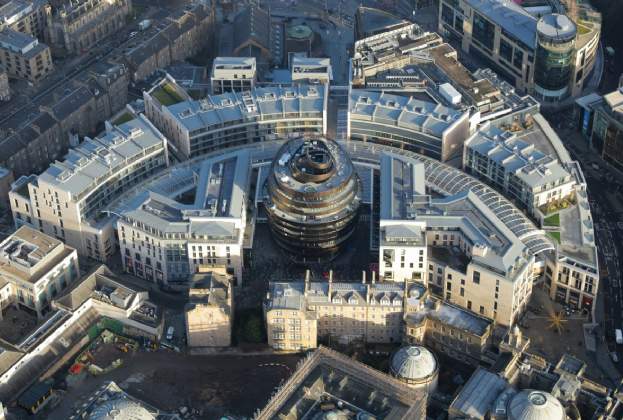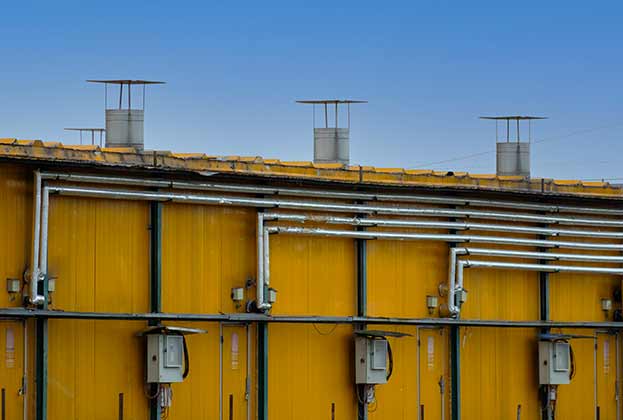The focus of ESG in the property sector is clearly becoming increasingly important. As a result, towards the end of last year, the Government introduced new minimal energy efficiency standards (MEES) meaning that all commercial rented buildings should be rated at least EPC B by 2030.
Although this latest legislation has already had some effect on sectors such as offices and retail, it has had relatively limited impact on the hotel sector so far. This is partly due to the fact that the legislation does not cover owner-operated commercial buildings and therefore hotels, which are mostly owner operated due to the number of independent guest houses and B&Bs, will not have to comply with the new EPC legislation. Additionally, hotels only require an EPC if they are leased or being marketed for sale. Currently only 2 per cent of hotels in the UK are leased, meaning the current legislation proposals would have little to no impact.
Considering that hotels are in the top 10 of the highest polluting and least energy efficient property sectors, there is much that needs to be done to improve the sector’s carbon footprint. For example, The Sustainable Hospitality Alliance reported that hotels need to reduce carbon emissions by 66 per cent per room by 2030 and by 90 per cent per room by 2050 in order to meet the Paris Climate Change obligations.
Many hospitality groups have already announced policies to address environmental concerns. This includes the likes of Marriott, which has committed to reduce water intensity by 15 per cent, carbon intensity by 30 per cent, waste to landfill by 45 per cent, food waste by 50 per cent and to achieve minimum 30 per cent renewable electricity use by 2025.
Furthermore, ESG is becoming increasingly important to consumers. As such, it seems likely that pressure from consumers rather than legislation is most likely to drive change.
Booking.com’s most recent report in April 2022 reveals that 81 per cent of travellers confirm that sustainable travel is important to them, with 50 per cent saying that recent news about climate change has influenced them to make more sustainable travel choices.
Moreover, nearly a quarter of people have opted to travel to a destination closer to home over the last 12 months to help reduce their carbon footprint and 38 per cent indicated that they actively look for information on the sustainability efforts of a hotel before they book. These statistics have increased since the last survey was conducted in June 2021, showing a rise in people becoming more conscious of the environmental impact of their travel choices.
Overall, while making changes to the building fabric will improve the EPC rating, it is changes to the operational performance of a hotel that is going to have a more positive effect on the environment. Investing in advanced building management systems, helping to identify onerous energy uses, alongside the implementation of low carbon operational technologies and systems, will have a positive impact on the planet. However, it will also have benefits in terms of enhancing customer demand and reducing operational costs, increasing operational profit, which in turn will boost hotel asset values.



.jpg)
.jpg)





